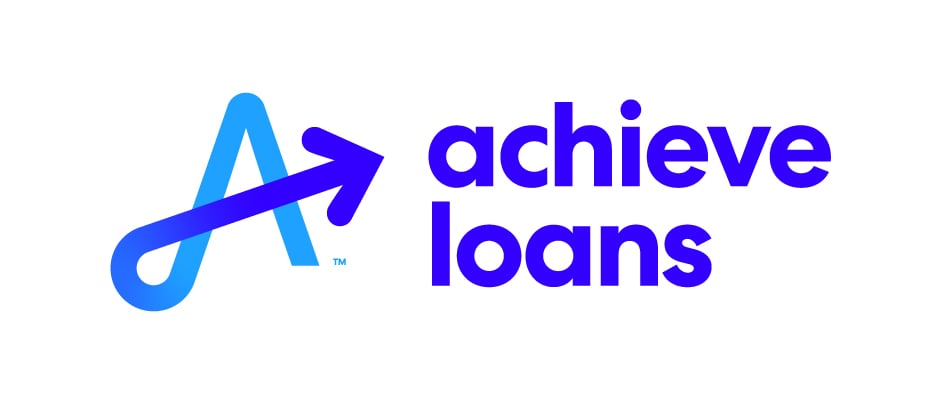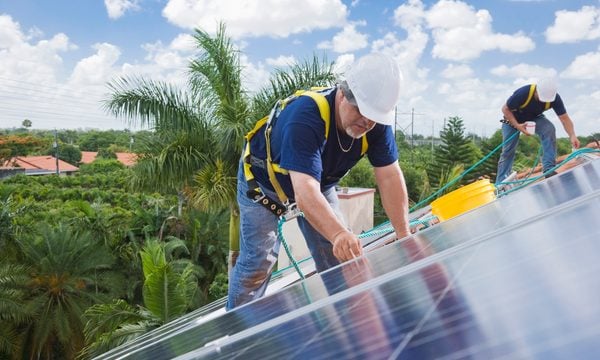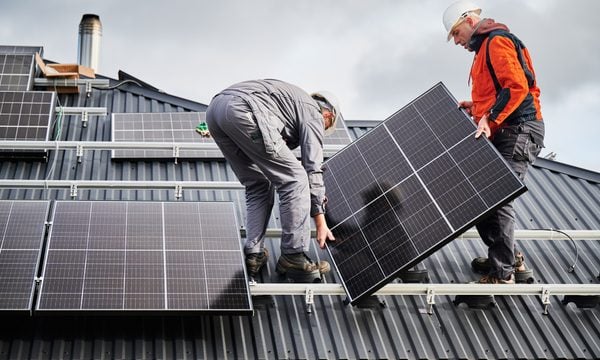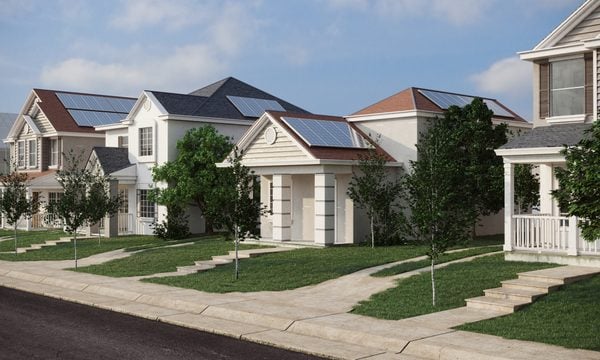Solar Panels in Louisiana: Costs and Incentives
A typical home solar system in Louisiana is slightly more expensive than the U.S. average.
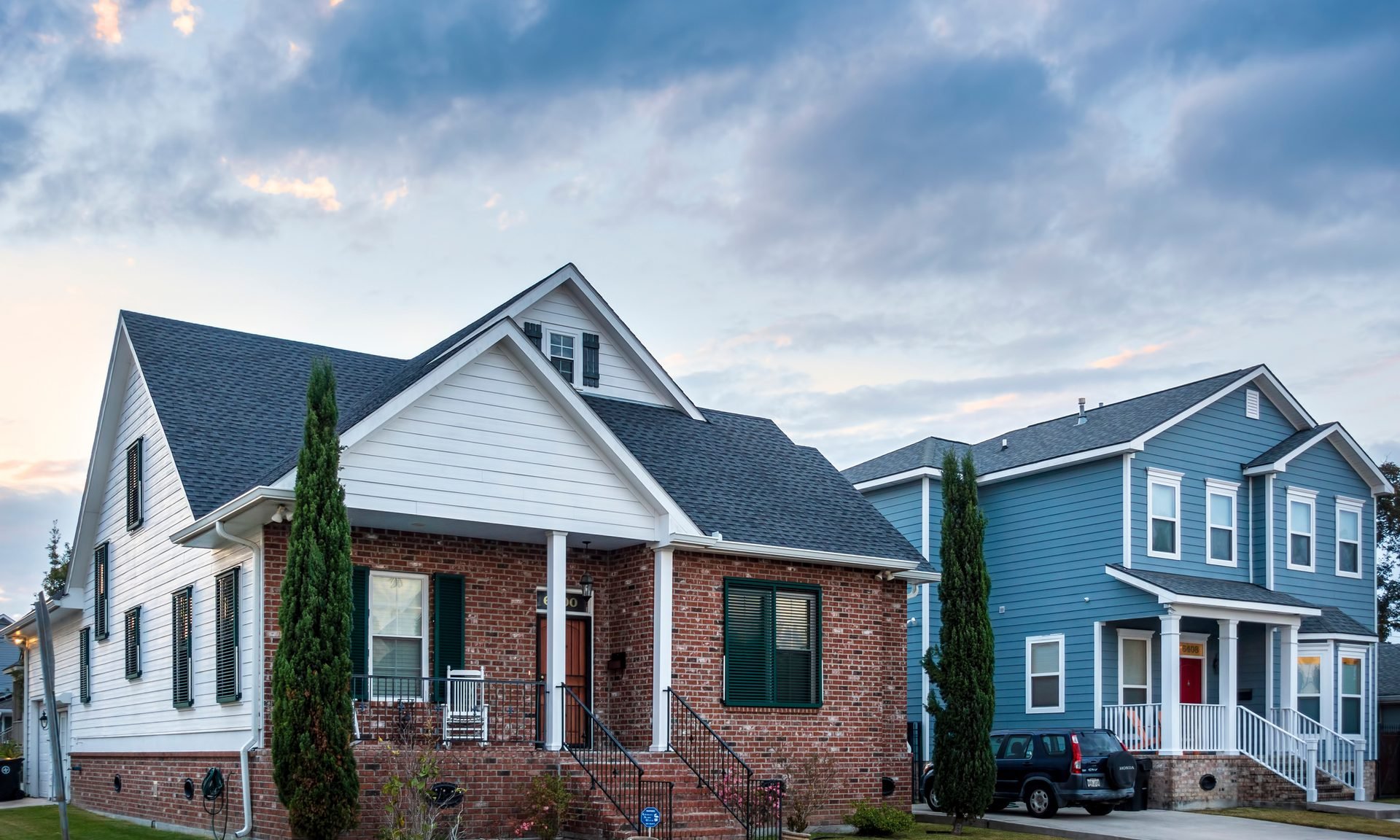
Some or all of the mortgage lenders featured on our site are advertising partners of NerdWallet, but this does not influence our evaluations, lender star ratings or the order in which lenders are listed on the page. Our opinions are our own. Here is a list of our partners.
The average cost of a home solar panel system in Louisiana is $31,014 before incentives, according to data from EnergySage, a solar and home energy product comparison marketplace .
Hot, humid summers are common in Louisiana, and air conditioning use can contribute to high electricity bills. Solar panel systems can offset some of these costs, but the state recently changed its net billing rate, reducing homeowners’ savings.
Solar costs in Louisiana at a glance
| Louisiana | U.S. | |
|---|---|---|
| Average cost of home solar system before federal solar tax credit | $31,014. | $29,360. |
| Average cost of home solar system after federal solar tax credit | $21,710. | $20,552. |
| Average cost per watt | $2.66. | $2.56. |
| Source: EnergySage, a solar and home energy product comparison marketplace. Data is from March 27, 2025. | ||
On average, home solar systems in Louisiana cost $31,014 before incentives, about $1,650 more than the national average for a similar system, according to EnergySage. This drops to $21,710 after incentives and rebates. Louisiana residents also pay an average $2.66 per watt, which is slightly higher than the national average of $2.56
The average home in Louisiana replaces 82% of the electricity it previously pulled from the grid with solar energy systems and averages 15 years to break even on the investment.
Net metering in Louisiana
Louisiana homeowners can participate in net metering (also known as net billing) to lower their electricity bills if their solar energy systems create more energy than their homes use .
Like many other states that offer net metering, Louisiana recently changed the way utilities calculate the rate at which they pay homeowners for excess energy that is returned to the grid. Most homeowners in Louisiana who installed a solar energy system after December 31, 2019, do not receive credit for excess energy at the same rate they would pay for electricity to be delivered to their homes.
The newer rate excludes the cost of transmission and distribution fees, which comes out to less savings than previous rates. Despite the changes in the rate, homeowners can still save money with the net billing option in Louisiana.
Because the new method applies to state and city jurisdictions, most areas in Louisiana now calculate net billing this way.
Solar property tax exemption in Louisiana
Like many states, Louisiana does not include solar energy systems in property tax calculations .
Energy storage in Louisiana
A solar battery can allow Louisiana homeowners to store and use excess power as needed, reducing their electricity bills if net metering isn’t available in their areas. It can also be used as a source of backup power in the case of a power outage. In Louisiana, the median cost of a solar battery is $13,995 after the federal solar tax credit, according to EnergySage data from the first half of 2024.
Can I get financing for a solar panel system?
In addition to tax incentives and rebates, there are options available. Many solar installers offer financing, but you may also be able to finance your solar investment through a home equity loan or home equity line of credit (HELOC). These options may have lower interest rates than financing with an installer, future opportunities for refinancing and possible tax benefits.
Home equity loans and HELOCs are ways to borrow against the value of your home, converting equity into cash. With a home equity loan, you receive a lump-sum payment and then pay it back at a fixed interest rate over an agreed period of time, typically from five to 30 years. HELOCs are more akin to a credit card, something you use as needed. You’ll usually have 10 years to draw from the line of credit, during which time you only have to pay interest, and after that you pay both the principal and interest. HELOC interest rates typically are variable, meaning your monthly payment could rise or fall over time. And with each of these options, you're using your home as collateral.
Advertisement
Min. credit score 600 | Min. credit score 600 |
Min. down payment N/A | Min. down payment N/A |
Another option is a solar loan. Many banks, credit unions and online lenders offer these to fund solar panels and installation, with amounts typically from $1,000 to $100,000, and annual percentage rates ranging from 6% to 36%. They function like a personal loan: you receive a lump sum and repay it in equal monthly installments over a set period, typically two to seven years. And unlike with home equity financing, there is no collateral required for a solar loan. This means your home or solar panels aren’t at risk if you miss payments, but you may have to pay late fees.
So, yes, you likely can get financing. If you go this route, compare interest rates, terms and fees with any financing package that a solar provider may offer you to ensure you get the best deal.
Frequently Asked Questions
How much does it cost to install solar panels in Louisiana?
The average cost of installing solar panels in Louisiana is $31,014 before tax credits and incentives. That drops to an average of $21,710 after incentives and the federal tax credit.
Article sources
NerdWallet writers are subject matter authorities who use primary,
trustworthy sources to inform their work, including peer-reviewed
studies, government websites, academic research and interviews with
industry experts. All content is fact-checked for accuracy, timeliness
and relevance. You can learn more about NerdWallet's high
standards for journalism by reading our
editorial guidelines.
- 1. EnergySage. Solar Panel Cost in 2024. Accessed Jan 27, 2025.
- 2. Louisiana Public Service Commission. General Order 9/19/2019, Docket No. R-33929. Accessed Jan 15, 2025.
- 3. Louisiana State Legislature. RS 47:1706. Accessed Jan 15, 2025.
More like this
Related articles
AD
Save On Solar Without the Middleman
Free Instant Quote
on Project Solar's website

AD

Save On Solar Without the Middleman
- $750 OFF install with NerdWallet;
- SolarCare™: top-tier warranty & 25-year production guarantee;
- No sales commissions mean premium equipment & tech at up to half the price.
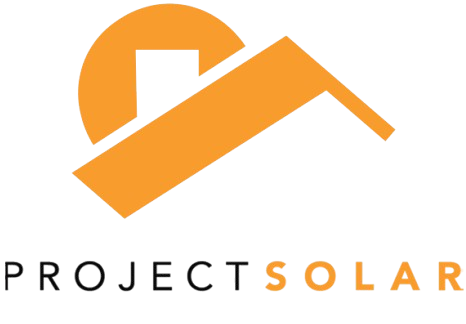
Free Instant Quote
on Project Solar's website





